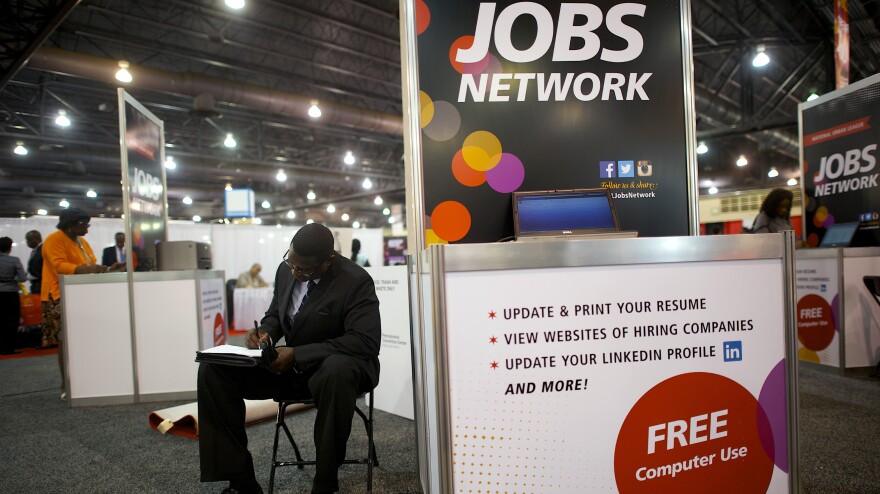There were 320,000 first-time claims for unemployment insurance filed last week, the Employment and Training Administration reports.
Not only is that 15,000 fewer than had been filed the week before, it's also the lowest number for any single week since before the U.S. economy officially slipped into its most recent recession, in December 2007.
According to historical data kept by the agency, the last time claims for jobless benefits were lower in any single week was in October 2007. The last time claims for a single week were within a couple thousand of last week's level was in January 2008, just after the recession began, when they totaled 322,000 one week and 321,000 the next.
During the recession, which officially ended in June 2009, claims reached a peak of 670,000 during one week in March 2009. For most of the past two years, they have stayed in a range of 350,000 to 400,000 per week.
Bloomberg News says last week's decline signals that "the U.S. job market continues to mend."
Reuters writes that the data are "hinting at a pick-up in job growth in early August." It also notes:
"The four-week moving average for new claims, which irons out week-to-week volatility, fell 4,000 to 332,000, the lowest level since November 2007."
Copyright 2020 NPR. To see more, visit https://www.npr.org.



